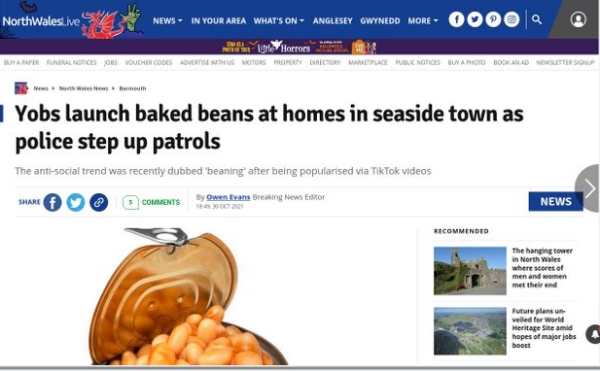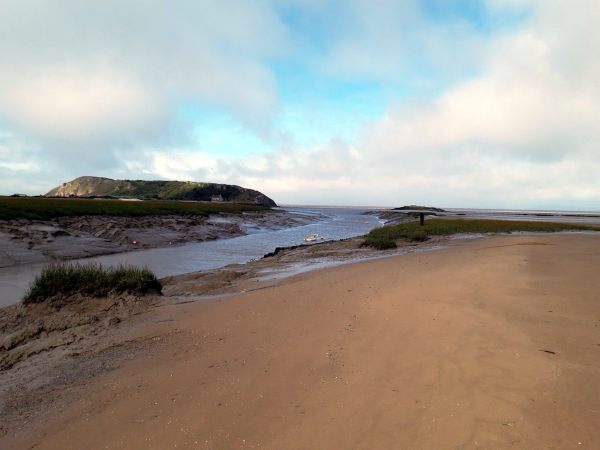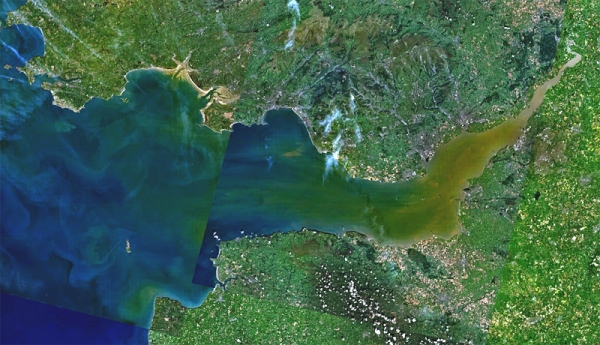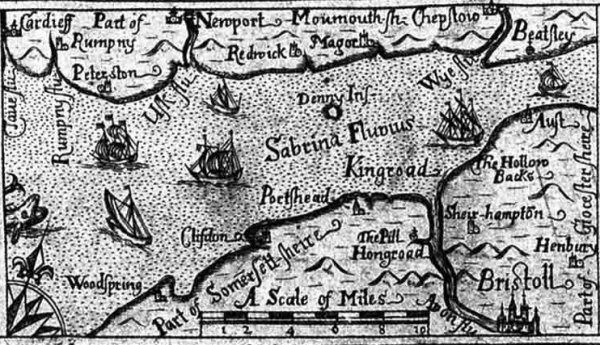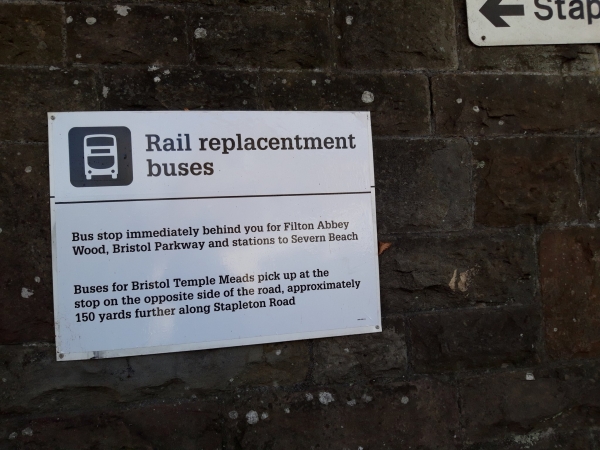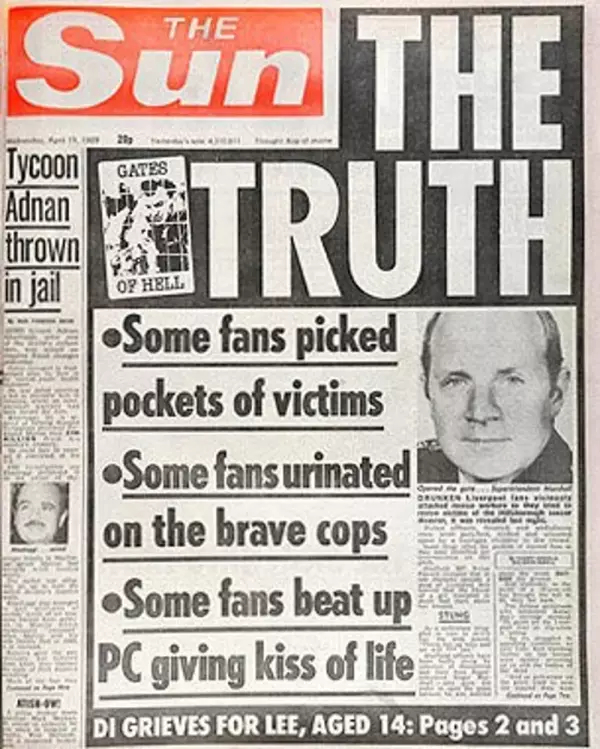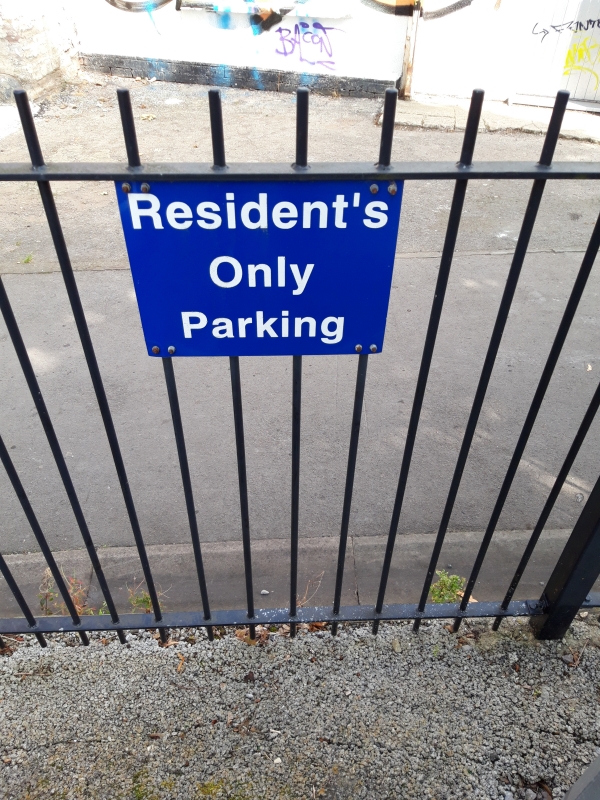 In the small hours of Friday morning, news came in that Facebook Inc. is to change its name to Meta, allegedly better to “encompass” what it does as it expands from social media to other sectors such as virtual reality.
In the small hours of Friday morning, news came in that Facebook Inc. is to change its name to Meta, allegedly better to “encompass” what it does as it expands from social media to other sectors such as virtual reality.
Meta, from the Greek μετα-, meta-, meaning “after” or “beyond“, is a prefix meaning more comprehensive or transcending.
Whether the rebrand will involve the more dubious of Facebook’s more comprehensive or transcending business practices being extended to those new sectors remains to be seen.
Facebook was founded in February 2004 by Harvard student Mark Zuckerberg. Not long afterwards, the controversies and abuse of users started. As The Register recalled in 2010, the then 19 year-old Zuckerberg called his first few thousand users “dumb f*cks” in a private conversation with a friend.
However, even that early sign of contempt did not prevent Zuckerberg’s social media infant growing into an obese behemoth of the social media sector, with a current user (i.e. product. Ed.) base of 2.85 billion people.
Perhaps Zuckerberg is secretly delighted there are so many dumb people in the world. They’ve been paying his bills for more than one and a half decades, after all.
After those early days, Facebook’s user base grew, as did the propensity for abuse, culminating in the Cambridge Analytica data scandal. Cambridge Analytica was established in 2013 as a subsidiary of the private intelligence company and self-described “global election management agency” SCL Group by 3 long-serving SCL executives. The company offices in London, New York City and Washington, DC. Cambridge Analytica was implicated in affecting the results of the 2016 US presidential campaign, where data it hoovered up from Facebook users was used to build psychographic profiles, determining users’ personality traits based on their Facebook activity. These profiles were then used for micro-targeting voters displaying customised advertisements on various online platforms. The key point of this activity was to identify those who might be enticed to vote for Trump or be discouraged to vote for their opponent. In addition, Cambridge Analytica was allegedly hired as a consultant company for Leave.EU and the UK Independence Party during 2016 as an effort to convince people to vote in favour of the UK leaving the European Union in David Cameron’s amateurish EU membership referendum. However, the UK Information Commissioner’s official investigation found that Cambridge Analytica was not involved “beyond some initial enquiries” and the regulator did not identify any “significant breaches” of data protection legislation or privacy or marketing regulations “which met the threshold for formal regulatory action“. Cambridge Analytica cased operations in 2018 following the revelations of its privacy-busting operations, although firms related to both Cambridge Analytica and its parent firm SCL still exist.
Zuckerberg subsequently apologised for Facebook’s involvement with Cambridge Analytica, calling it an “issue“, a “mistake” and a “breach of trust“, as well as pledging not to let such abuse occur again.
Nevertheless, the abuse of users didn’t stop and have continued right up to the present.
The latest revelations come ex-employee Frances Haugen, who was employed by Facebook as a data scientist, leaked documents revealing that the company placed “profits over safety“. Since her revelations, Ms. Haugen has given evidence to a US Senate sub-committee and testified in person to a UK parliamentary committee scrutinising the online safety bill.
Reporting on the name change, The Register noted beneath its headline that Zuckerberg’s social network has “Meta-stasized“. Leaving aside El Reg’s overt reference to the former secret police of the so-called German Democratic Republic, metastasis is defined as a change of position, state, or form. The primary use of metastasis today is in medicine where it defines the development of secondary malignant growths at a distance from a primary site of cancer.
Finally, as a further dampener on the rebrand’s distraction value, a report in today’s Guardian reveals that Meta translates as dead in Hebrew.
Have fun in Zuck’s metaverse, y’all! 😀

